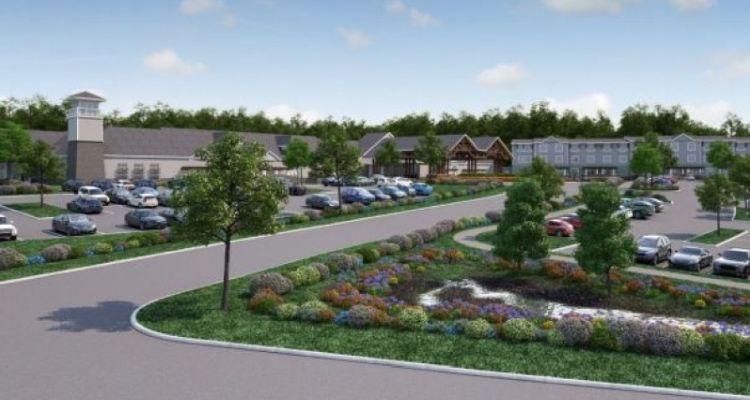Three states had ballot measures asking voters whether or not they approved of expanded gambling in their states. All were dubbed, “Question 1”. Arkansas voters earlier had their ballot measure stricken by the state’s Supreme Court, and although it may have appeared on some ballots printed before the ruling, no votes for or against the measure are being counted.
New Jersey voters rejected a proposal to allow casinos in two counties outside of Atlantic City and at least 72 miles away, each with a minimum $1 billion investment. With 93% of precincts reporting the measure has fallen with 2,199,981 votes opposed (77.68%) and 632,287 in favor (22.32%). Proponents will have to wait two years for another opportunity. Read the victory and concession statements from the winners and losers in this year’s North Jersey casino fight.
Massachusetts voters were asked to authorize the state to allow a second slots parlor in addition to Plainridge Park. The location would have been Revere, very near the upcoming Wynn Boston Harbor development, which received a full casino license from the Massachusetts Gaming Commission authorized in the Massachusetts Expanded Gaming Act of 2011. The call was a little closer in Massachusetts than it was in New Jersey with 3,646,432 votes opposed (60.92%) and 2,338,694 in favor (39.08%) with 96% of precincts reporting.
With 98.2% of precincts reporting, Rhode Island voters statewide gave approval for Twin River Management Group to move their Newport Grand license to the bucolic burg of Tiverton, just 400 feet from Fall River, Massachusetts. However, state law requires the municipality to approve the measure as well. As of 10am EDT the measure seemed to be ahead by about 270 votes locally with some 800 mail-in ballots left to count. Tiverton residents have supported other gambling referendums in the past so it is assumed the question will be answered in the affirmative by local denizens.
If approved as expected the $75 million facility would technically become a licensed pari-mutuel facility with state-operated video lottery games and casino gaming. One reason Twin River decided to move to a new location was that Newport voters denied them the ability to add table games in 2012 and again in 2014. The state will receive 15.5 percent of table games and 61 percent of video lottery terminal revenues. Tiverton will keep one percent of table game and 1.45 percent of video lottery terminal revenues with a guaranteed minimum payout of $3 million per year to the city. If revenues fall short of that number the state will disburse a portion of their revenues in order to meet the $3 million target.



